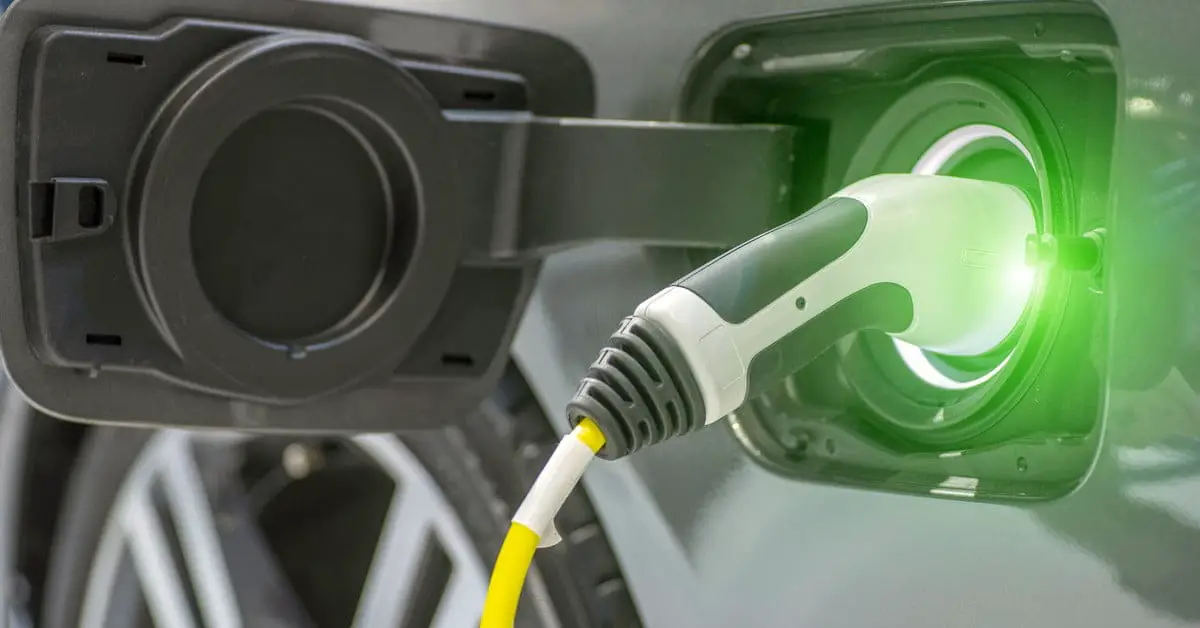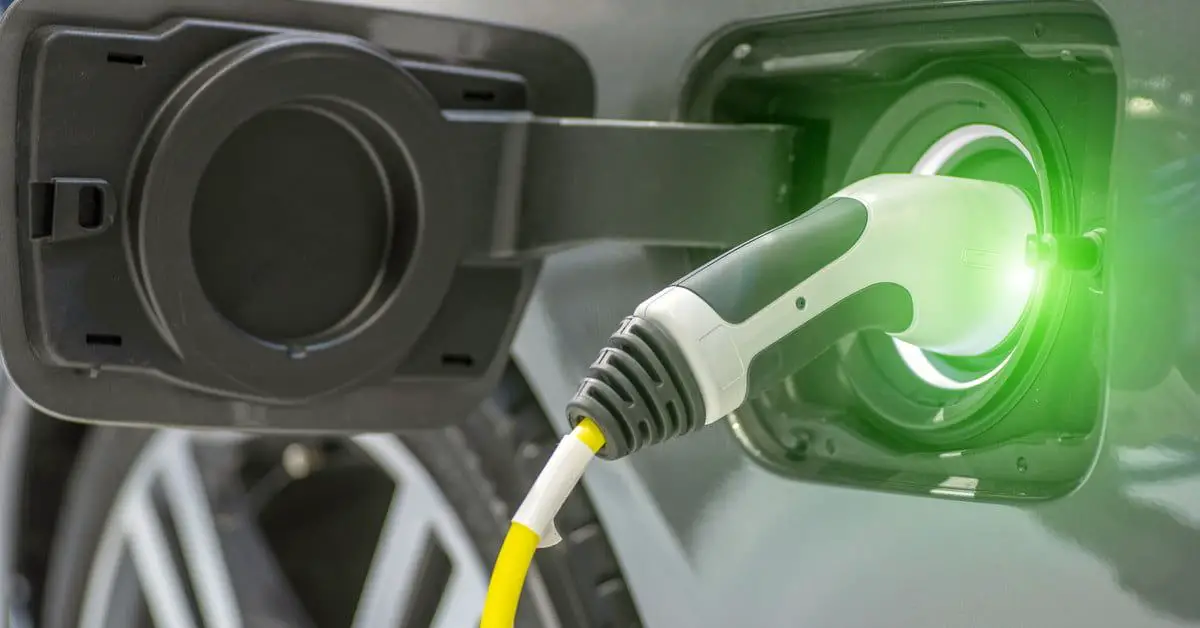Importance of battery safety for electric vehicles
Like the engines in conventional vehicles, the batteries in EVs are designed for extended life, but will wear out eventually. Currently, most manufacturers are offering 8-year/100,000-mile warranties for their batteries.


Like the engines in conventional vehicles, the batteries in EVs are designed for extended life, but will wear out eventually. Currently, most manufacturers are offering 8-year/100,000-mile warranties for their batteries. Nissan is providing additional battery capacity loss coverage for 5 years or 60,000 miles. Manufacturers have also extended their warranty coverage periods, which require at least 10-year coverage for batteries on partial zero-emissions vehicles. Remember to always check with your dealer for specific information about battery life and warranty.
The rise demand for clean environment is pushing more people to explore other alternatives apart form the petrol and diesel vehicles. The prices of diesel and petrol rising every day is a reason as well why people are switching to EVs. As we move to greener technologies, the need for affordable, safe, and powerful batteries is continuously increasing.
EVs require minimal maintenance to their electrical systems, which can include the battery, electrical motor, and associated electronics. However, because of regenerative braking, brake systems on EVs typically last longer than on conventional vehicles. This is because there are usually fewer fluids (like oil and transmission fluid) to change and far fewer moving parts. In contrast, because ICE vehicle have gasoline engines, maintenance requirements for this system are similar to those in conventional vehicles.
Here’s how EV manufacturers, owners, fleet operators, and managers can ensure the battery’s safety and longevity:
1) Charge the battery regularly:- As an EV owner, you can prevent your EV’s battery from draining by charging it regularly. Ensure that you maintain the State of Charge (SOC-essentially the energy left in a battery, relative to its capacity) of the battery between 50% and 80% . Do not leave the battery at below 20% as it risks energy drain because of the vehicle’s electronics.
2)Do not fully Charge the EV when not in use:- It is important to note that a battery is continuously wearing out, even when not being actively used. It is harmful to let the battery sit idle at a 100% charge state. The energy stored gradually escapes, this is referred to as self discharging. Also if the battery remains completely discharged for a long period, the chemical reactions inside the battery could cause irreparable damage which affects the battery negatively.
3)Do not discharge the EV battery:- Discharging the battery completely before recharging can seriously reduce the life of the battery. Make sure you charge the battery when it’s at 30% to keep it from staying low for a lengthy period and avoid it from dipping any lower.
4)Avoid fast chargers and exposing to extreme temperature:-Various factors may affect the health of the cells present in the stack during charging. Although EVs come with adequate auxiliary cooling and heating options and a BMS for the battery, do not expose them to extreme temperatures. Factors such as external temperature during the charging process can degrade the cells. Also, refrain from using fast chargers as they damage battery packs quickly.
5) Read maintenance manual:- The maintenance requirements are different for each car model, so it’s best to adhere to the manual’s maintenance information. See what specific care information your EV manufacturer has provided for laying up the car for long periods. Read the manual to check if it’s possible to turn off any battery draining functions.




